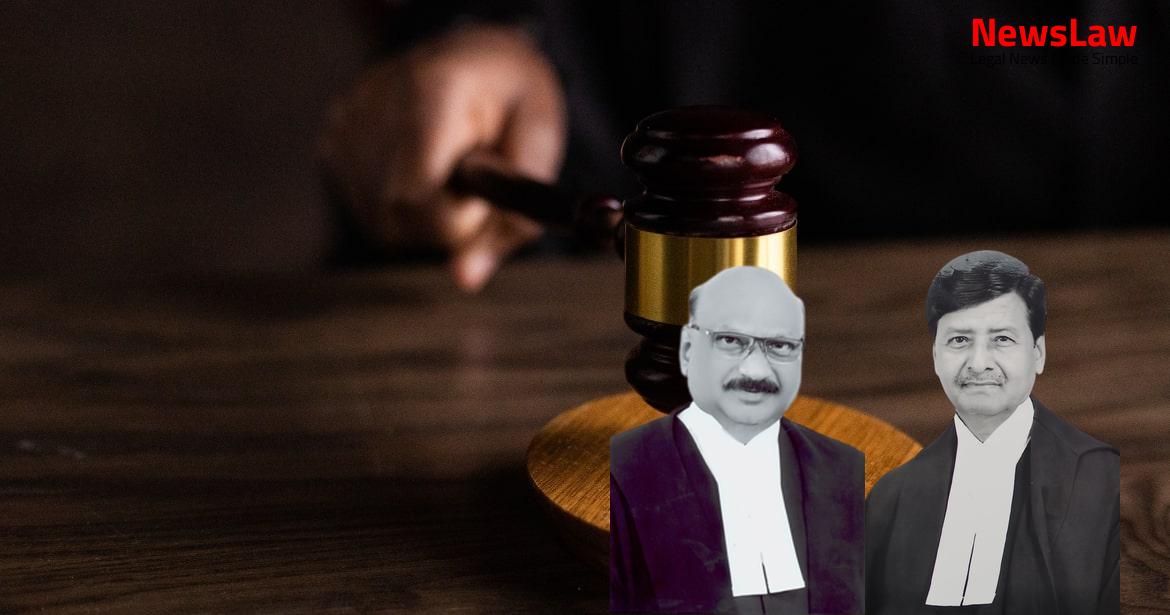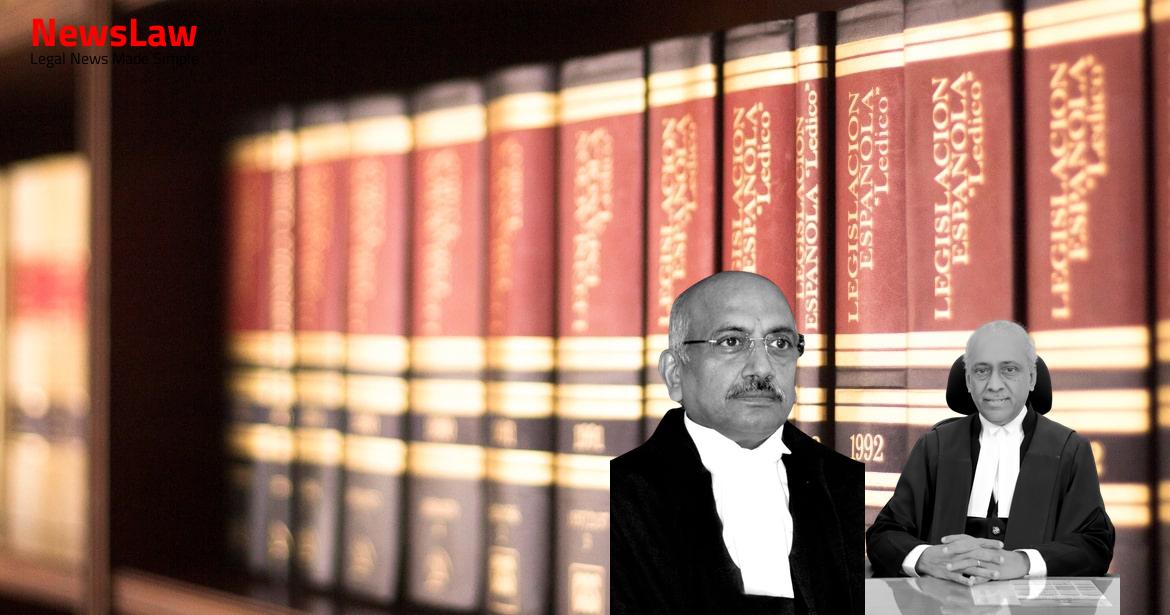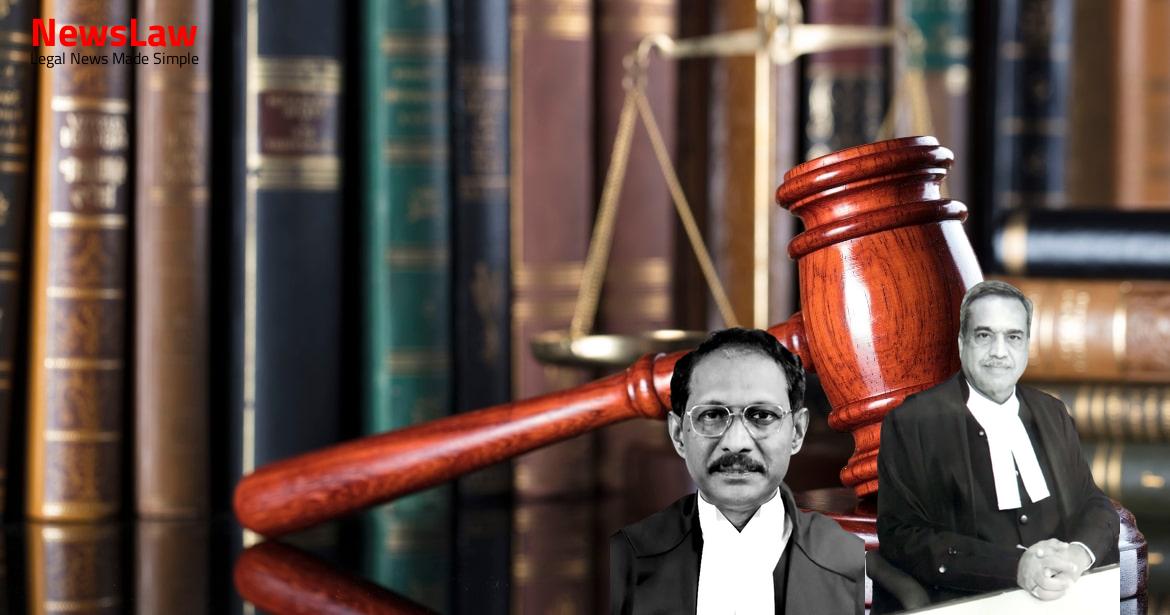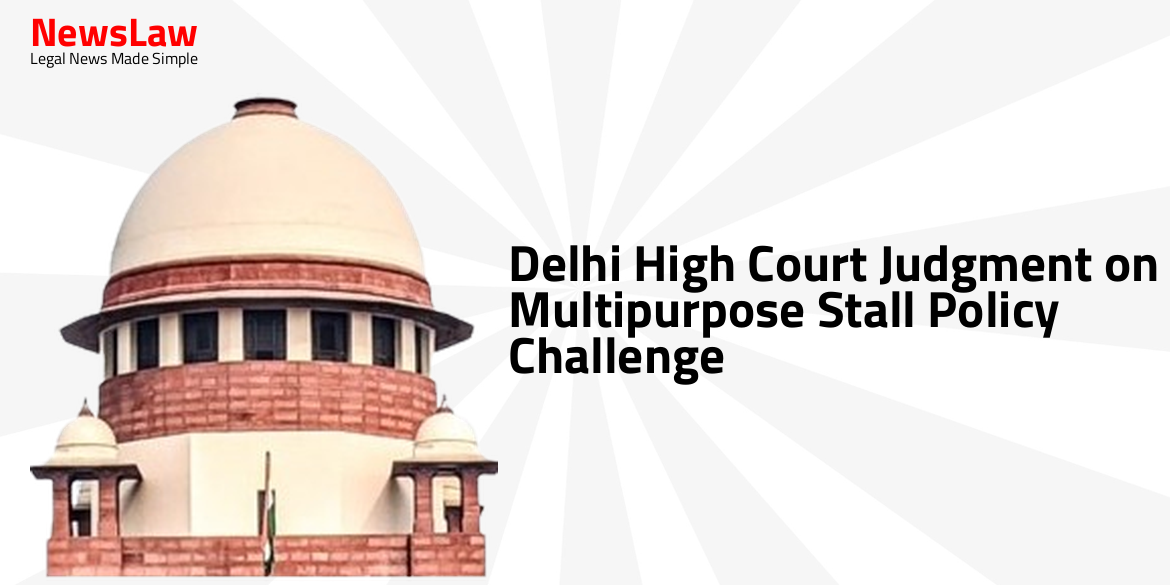In a landmark judgment, the Supreme Court of India issued a ruling regarding arbitration time limits. The case involved a dispute over the termination of the Arbitrator’s mandate due to exceeding the agreed-upon timeframe for proceedings. The Court emphasized the parties’ obligation to adhere to the contractual time limits set forth in the arbitration agreement. Stay tuned to learn more about the implications of this decision on arbitration practices in India.
Facts
- Appellants objected to extension of time during a meeting on 27 August 2007, stating that the arbitral proceedings had exceeded four months.
- No interim application was filed for extension of time, leading to the Arbitrator losing jurisdiction by 4 September 2007.
- A meeting was scheduled for 26 October 2007 as per communication dated 3 October 2007.
- Appellants filed a written application on 26 October 2007, stating that the Arbitral Tribunal had become functus officio after four months.
- Arbitration petition filed by Appellants was dismissed on 14 March 2008 by the High Court, stating that the conduct of Appellants waived their right to enforce the time schedule strictly.
- The writ petition filed under Article 226 of the Constitution of India was dismissed on 20 January, 2004.
- The Division Bench of the High Court observed that adequate remedies are available under Section 16 for raising contentious issues related to the arbitration agreement and the Arbitral Tribunal.
- The order of the High Court was challenged in Special Leave Petition (Civil) No 3919 of 2004 before the Supreme Court, which issued notice on 8 March, 2004 and stayed the proceedings before the Arbitrator.
- The sole Arbitrator appointed in November 2003 passed away in October, 2004.
- The Special Leave Petition was dismissed on 24 April, 2007.
Also Read: Judgment: Dispute Resolution in Infrastructure Contracts
Analysis
- The Arbitrator’s mandate terminated automatically after the agreed time to conclude the proceedings expired.
- The Court does not have the power to extend time under the Act.
- The appellant’s objection to extending the time was justified as per the agreement terms.
- The High Court correctly noted that the Arbitrator could not conclude the proceedings within the agreed-upon time.
- The High Court’s decision to dismiss the petition seeking termination of the Arbitrator’s mandate was upheld.
- The appellant’s objection to extension of time was important as per the Act’s provisions.
- The Arbitrator became unable to perform his functions as the agreed time for issuing the award expired.
- The Court cannot extend time fixed by parties in the absence of their consent.
- Participation in the arbitration proceedings did not imply waiver of objection to time extension.
- Failure to act within the agreed time led to termination of the Arbitrator’s mandate.
- Opportunity for choice between relinquishment and enforcement of the right in question must exist.
- Waiver of rights cannot be claimed if the circumstances show that the action was involuntary.
- Doctrine of waiver, deemed waiver, or estoppel is dependent on the facts and circumstances of each case.
- The conduct of the parties and the agreement entered into determine the application of the waiver doctrine.
- Adherence to the imposition of time limits for arbitral proceedings is affirmed by the Court.
- Parties must abide by the terms of the contract, including those related to the Arbitrator.
- Parties agreed to a fixed time period for arbitration proceedings, which was four months.
- No provision in the arbitration agreement to condone delays when parties agreed to conclude proceedings within the prescribed time.
- The time restriction is in line with the Arbitration Act, 1996 for both national and international arbitrations.
- The parties themselves agreed to be bound by the time limit, making it a critical aspect of the arbitration proceedings.
- Sections 14 and 15 of the Act also recognize the importance of time limits in arbitration.
- Once the four-month period elapsed from the first preliminary meeting, the Arbitrator was unable to continue with the proceedings.
Also Read: Restitution Order in the Case of Temple Management: High Court vs. State
Decision
- Pending application(s) disposed of
- All points including existence, validity, and enforceability of the contract to be decided by the Arbitrator
- Appeal allowed, special leave petition dismissed
- Jurisdiction under Article 136 not exercised
- No costs, respondents can ventilate grievances as per law
- High Court’s judgment set aside
- Arbitrator empowered to extend period for making and publishing the award with consent of both parties
Also Read: Land Exchange Dispute: Upholding Validity of Deeds
Case Title: JAYESH H.PANDYA Vs. SUBHTEX INDIA LIMITED THROUGH ITS DIRECTOR
Case Number: C.A. No.-006300-006300 / 2009



